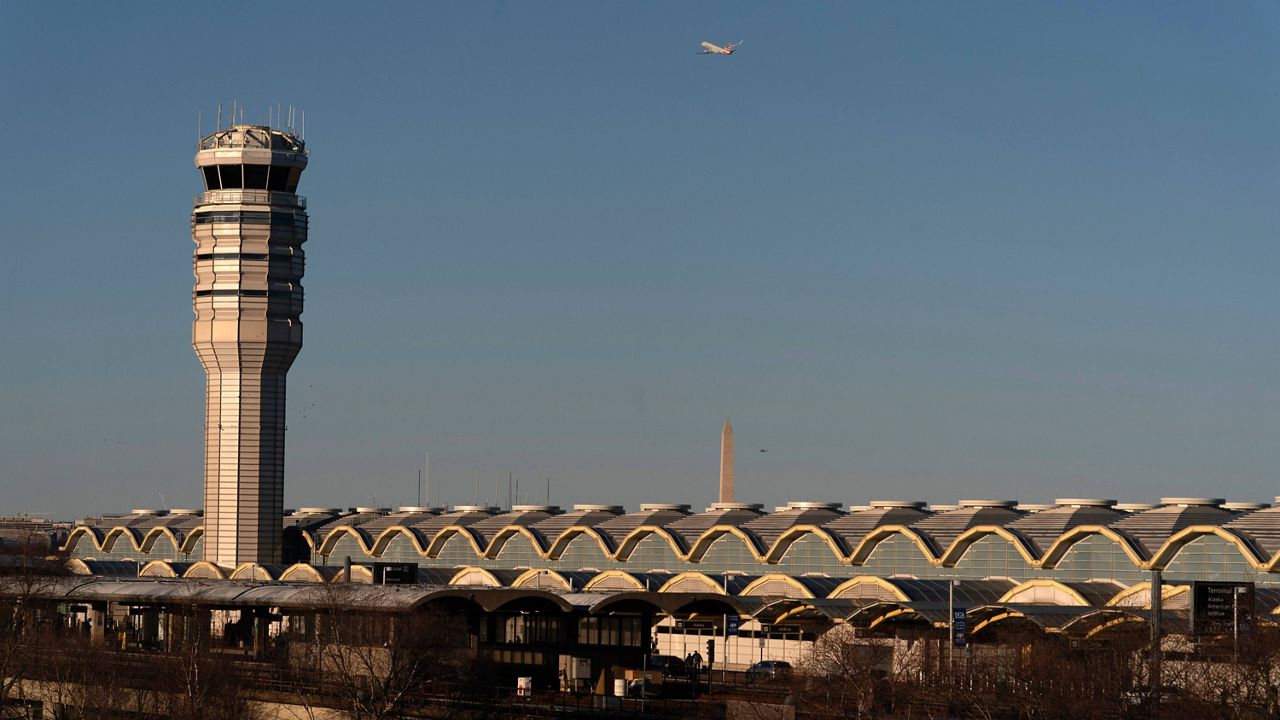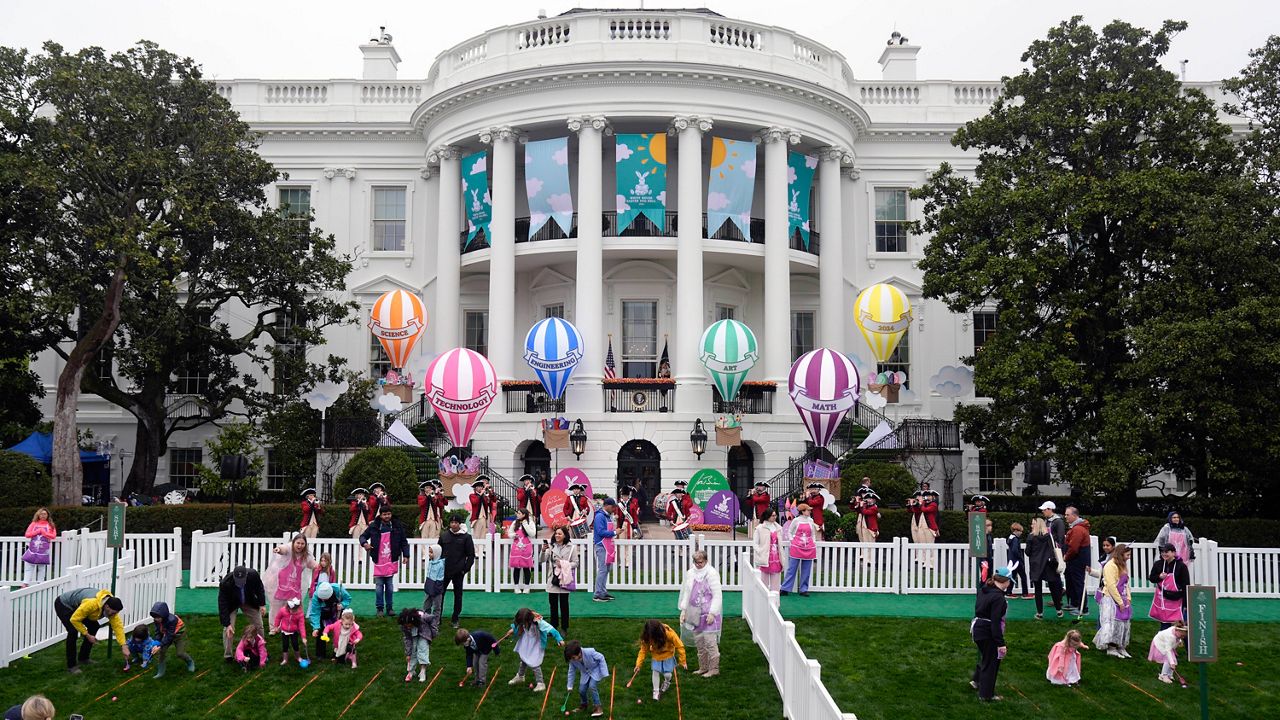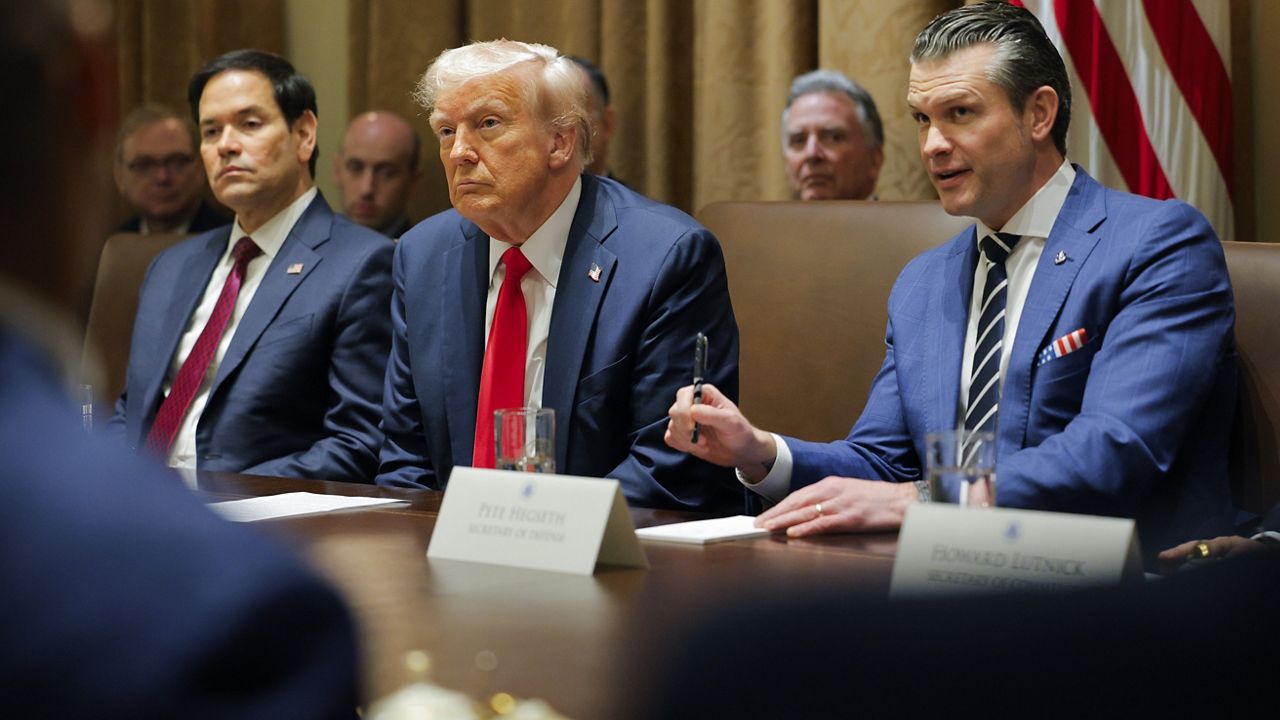With the omicron variant driving a nationwide spike in COVID-19 cases, federal health officials are advising Americans to take coronavirus mitigation efforts seriously in the week leading up to any holiday gatherings.
Omicron on Monday became the dominant strain of COVID-19 in the United States, and while scientists are still racing to gather information on the variant, preliminary data suggests it is much more transmissible than previous iterations of the virus. The seven-day rolling average of new daily cases hit 149,300 on Wednesday, an increase of about 25% from the week before, per government data.
Dr. Rochelle Walensky, director of the U.S. Centers for Disease Control and Prevention (CDC), told Spectrum News on Wednesday that the government urges every American to get their booster shot of COVID-19 as soon as they become eligible.
Early data has shown that COVID-19 booster shots provide protection against severe illness from the omicron variant. While experts warn there will be breakthrough cases from omicron, fully boosted individuals will often be asymptomatic, while unvaccinated individuals have a much higher chance of severe illness, hospitalization and death.
Beyond getting boosted, Americans should ensure they practice proper mitigation strategies – like wearing a mask at indoor gatherings and social distancing from others – in the week before attending a holiday event, particularly in communities of high transmission.
"I want to be clear about sort of the risk around the holiday and that is not necessarily the travel or the airplane ride or the train ride, but it's really around the behaviors that you've done in the week prior where you might have been exposed before everybody comes together,” Dr. Walensky told Spectrum News in part.
Walensky added that individuals who have received a booster shot can answer the “personal question” of whether to gather with unvaccinated family and friends, but stressed that the safety of said event would “relate to what are the prevention interventions and prevention measures [unvaccinated individuals have] taken in the week prior to your gathering.”
“We do know that our layered prevention strategies are really important in order to gather safely for the holidays,” Walensky said. “We're asking people to get vaccinated. We do think if you're eligible, you should have a booster shot and make sure that everybody that you're gathering with is also vaccinated and boosted.”
Currently, all Americans above the age of 18 – and some 16 and 17 year olds – are eligible to receive a booster shot of COVID-19. The CDC recommends a third shot of Moderna or Pfizer’s vaccine (with the option to mix-and-match brands) six months after an individual’s second dose; people who received the single-dose Johnson & Johnson vaccine should get either a Moderna or Pfizer booster two months after their original shot.
Pfizer-BioNTech’s is currently the only of the three vaccines authorized for use in individuals younger than 18 in the United States.
If all parties have been sufficiently vaccinated and/or practiced proper mitigation strategies in the week ahead of a gathering, a rapid PCR or antigen test can be used as “extra reassurance,” but tests are “not essential as long as people have really been practicing those safe prevention measures ahead of time,” Walensky added.
Dr. Anthony Fauci, chief medical adviser to the president, stressed that officials are not advocating for large, in-person gatherings regardless of an individual’s vaccination status.
“There are many of these parties that have 30, 40, 50 people in which you do not know the vaccination status of individuals,” Fauci said during a Wednesday press briefing.
“Those are the kind of functions, in the context of COVID and particularly in the context of omicron, that you do not want to go to,” he added. “So to the extent possible, we urge you to stay away from those situations that could put you at a higher risk.”
Like Walensky, Fauci said that vaccinations and boosters are the “hallmark” of the nation’s multi-layered prevention strategies, and that testing can serve as “an extra level of protection.”
That extra protection might be hard to come by, as cities across the country have seen lines – some stretching city blocks – for COVID-19 tests in recent days, spurred by a combination of pre-holiday anxiety and spiking cases from omicron.
Major pharmacies Walgreens and CVS announced this week they would limit purchases of COVID test kits to four and six per person, respectively, both citing the skyrocketing demand for tests as reason for the limits.
The Biden administration on Tuesday announced it would provide 500 million COVID-19 tests to Americans free-of-charge, but the supply will not be ready until January.
Walensky on Wednesday noted that tests are in short supply nationwide, but added there is “a shortage of testing truly around the world right now.”
High demand for rapid tests led to a temporary lack of in-person PCR appointments in the United Kingdom in mid-December as omicron surged across the country. Some regions in Canada have become similarly overwhelmed; Ottawa’s Public Health agency on Tuesday tweeted that the amount of COVID cases and known contacts had “exceeded the capacity of testing & case management operations.”
Watch CDC Director Rochelle Walensky's full interview with Spectrum News' Taylor Popielarz above.









